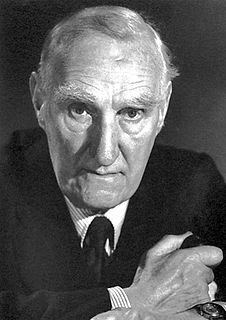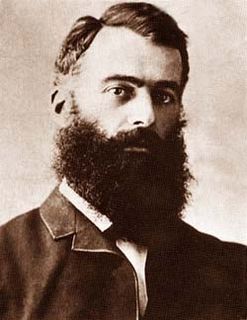A Quote by John Boyd Orr
If the views I have expressed be right, we can think of our civilization evolving with the growth of knowledge from small wandering tribes to large settled law.
Related Quotes
For several centuries Western civilization has had a drive for material accumulation, continual extensions of economic power, termed 'progress'...The longing for growth is not wrong. The nub of the problem is how to flip over, as in jujitsu, the magnificent growth energy of modern civilization into a nonacquisitive search for deeper knowledge of self and nature.
The history of intellectual growth and discovery clearly demonstrates the need for unfettered freedom, the right to think the unthinkable, discuss the unmentionable, and challenge the unchallengeable. To curtail free expression strikes twice at intellectual freedom, for whoever deprives another of the right to state unpopular views necessarily also deprives others of the right to listen to those views.
Each member of society can have only a small fraction of the knowledge possessed by all, and...each is therefore ignorant of most of the facts on which the working of society rests...civilization rests on the fact that we all benefit from knowledge which we do not possess. And one of the ways in which civilization helps us to overcome that limitation on the extent of individual knowledge is by conquering intelligence, not by the acquisition of more knowledge, but by the utilization of knowledge which is and which remains widely dispersed among individuals.
Most persons think that a state in order to be happy ought to be large; but even if they are right, they have no idea of what is a large and what a small state.... To the size of states there is a limit, as there is to other things, plants, animals, implements; for none of these retain their natural power when they are too large or too small, but they either wholly lose their nature, or are spoiled.
Evolving our culture to operate and think differently is no small task. We are challenging our employees to be the best of both small and big companies - they should operate with the soul and spirit of a startup, while leveraging the scale, resources and capabilities of Campbell - with the goal of ultimately becoming the biggest small company.
My point is, as civilization is progressing, Mosaic law came down from the mountain, was handed to civilization, it emerged through the Greek civilization as the Greeks were developing their Age of Reason. And we're talking about the foundation of Western Civilization, and almost concurrently with that, Roman law was emerging as well.
To begin with, our knowledge grows in spots. The spots may be large or small, but the knowledge ever grows all over... What you first gain from them is probably a small amount of new information, a few new definitions, or distinctions, or points of view. But while these special ideas are being added, the rest of your knowledge stands still, and only gradually will you 'line up' your previous opinions with the novelties I am trying to instil, and modify to some slight degree their mass.
Although humans have existed on this planet for perhaps 2 million years, the rapid climb to modern civilization within the last 200 years was possible due to the fact that the growth of scientific knowledge is exponential; that is, its rate of expansion is proportional to how much is already known. The more we know, the faster we can know more. For example, we have amassed more knowledge since World War II than all the knowledge amassed in our 2-million-year evolution on this planet. In fact, the amount of knowledge that our scientists gain doubles approximately every 10 to 20 years.


































